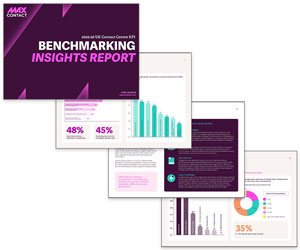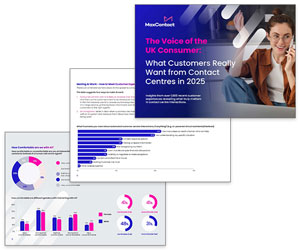As we all know, life is getting more expensive. So is business. A recent study by the Federation of Small Businesses found that half of SMEs think that rising costs will stall growth in 2022.
Rising fuel and utility costs are the biggest challenge, according to the survey. They’re followed by tax rises, labour shortages, supply chain issues and wage inflation. All of these factors are driving up the costs of doing business.
In addition, the continuing problems in the aftermath of Brexit and the Covid-19 pandemic are adding to the problems small businesses face.
What Can SMEs Do to Cope With Rising Business Costs?
So what can businesses do to balance the books? How can you absorb these costs, and continue to prosper?
The Consultants McKinsey say that part of the solution is optimising business operations. If you’re leaner and more efficient, cost increases won’t bite quite so hard.
What does that entail, specifically? It means boosting productivity through the adoption of digital technologies. It means a renewed focus on your workforce, and helping employees be as efficient as possible. It means putting the systems and processes in place that let you do more with less.
“Improving efficiency, quality, and productivity in business operations allows companies to produce more value with the same labour, materials, and energy inputs,” McKinsey argues.
The More Efficient Contact Centre
Contact centres need to boost efficiency to balance the challenge of rising costs, but they need to tread carefully.
Advisors are already taking more calls, and dealing with ever-increasing complexity. Our own research found that 83% of contact centre workers say they are burnt-out or believe they will be soon.
It’s no surprise that over half (52%) say their workload has increased dramatically.
In other words, the answer to rising costs is not to ask contact centre teams to simply do more. That risks a rise in churn and a reduction in customer satisfaction. It could be counterproductive in every way.
Instead, your focus on optimising business operations must take a smarter approach.
The Promise of Technology
As McKinsey suggests, making better use of technology is one way to optimise operations in an environment of rising costs.
But to fulfil its promise, contact centre software has to be easy to use, data-driven and integrate seamlessly with other systems (like your CRM).
In addition, it needs the following features as standard:
Automatic Dialling
Manual dialling slows you down. Auto-dialling takes the grunt work out of contacting customers. In fact, auto diallers can improve agent productivity by between 200% and 300% compared to manual dialling.
That’s even more true if your auto dialler is ‘smart’. Predictive dialling places calls based on the software’s predictions of agent availability. It dials multiple numbers simultaneously, so that when agents finish one call they can be instantly connected to the next.
A preview dialler, meanwhile, gives agents more time to prepare for a call, so they can have more in-depth, focused conversations, based on a customer’s real experiences and challenges.
Smart dialling features like these make your outbound operations more efficient, maximise positive outcomes and allow you to make more calls with the same team – without piling extra pressure on agents.
Workforce Management
Smart workforce management lets you balance resources and demand.
A good workforce management platform will look at all the interactions in your contact centre and use statistical analysis to make sure you have the right number of staff in place, with the right skills, to meet your goals. At the same time, it keeps staff levels and costs to a minimum.
Omnichannel Engagements
Omnichannel communications can streamline your contact processes, by letting employees and customers communicate in the way that best fits any situation.
For example, answering a simple query by text saves time at both ends. Chatbots can also reduce the number of calls into your contact centre, allowing agents to focus on more complex customer challenges.
Self-Serve and Automated Payments
Improve efficiency and customer satisfaction at the same time by creating self-serve journeys for inbound communications.
When a customer can get answers to basic questions, pay bills or get account updates without speaking to an agent, it makes the most of your resources. At the same time, it stops customers sitting in call queues.
Again, this is a case of optimising the time of the agents you already have, and using technology to improve customer service.
This blog post has been re-published by kind permission of MaxContact – View the Original Article
For more information about MaxContact - visit the MaxContact Website
Call Centre Helper is not responsible for the content of these guest blog posts. The opinions expressed in this article are those of the author, and do not necessarily reflect those of Call Centre Helper.
Author: MaxContact
Published On: 21st Jul 2022
Read more about - Guest Blogs, MaxContact






 MaxContact is the AI-powered customer engagement software that helps you turn every customer conversation into a high-impact, revenue-driving moment. We empower your teams to connect smarter, perform better, and scale faster – without losing the human touch.
MaxContact is the AI-powered customer engagement software that helps you turn every customer conversation into a high-impact, revenue-driving moment. We empower your teams to connect smarter, perform better, and scale faster – without losing the human touch. 































